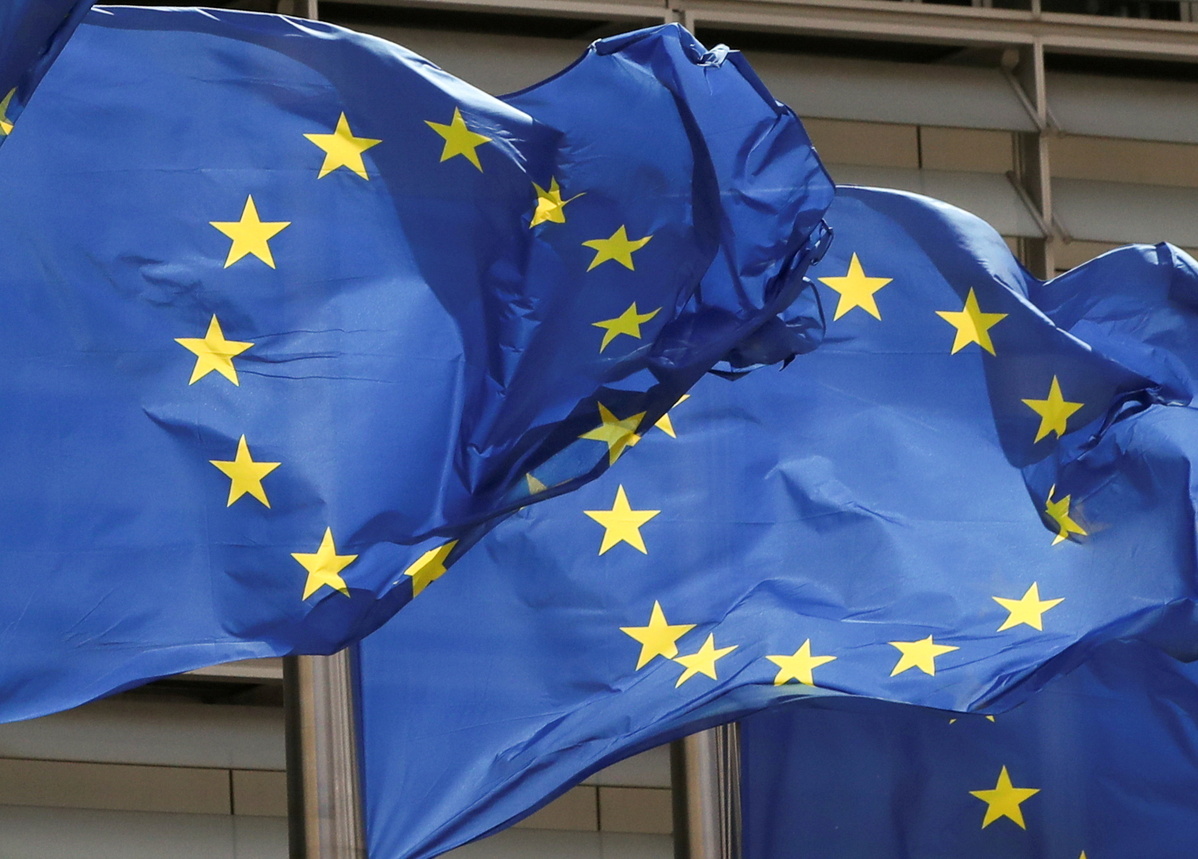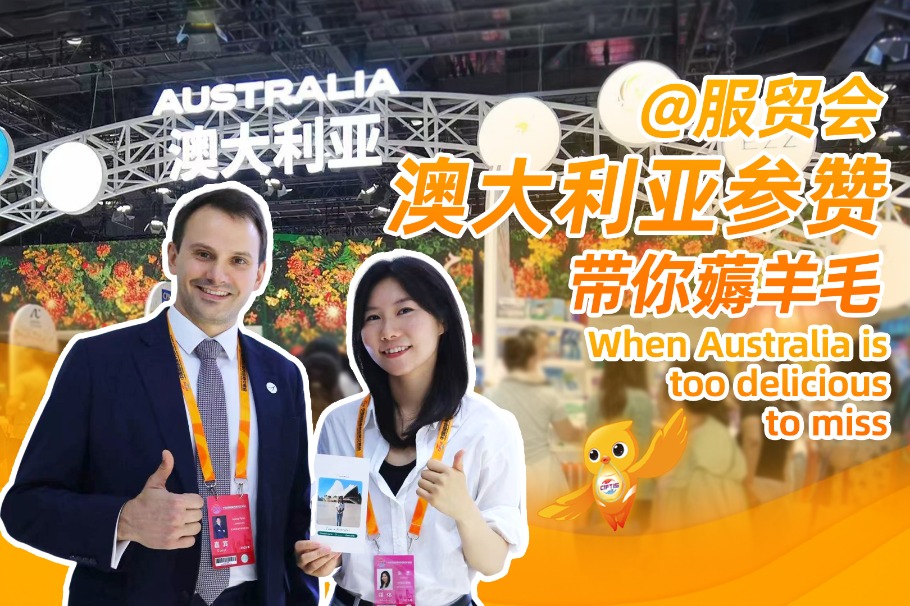EU called on to rectify trade barrier practices
By Zhong Nan | China Daily | Updated: 2025-01-10 07:23

China will urge the European Union to rectify its trade barrier practices through bilateral consultations and other measures, with the aim of creating an open, fair, just, nondiscriminatory and predictable environment for Chinese companies to invest and operate in Europe, the Ministry of Commerce said on Thursday.
The ministry also announced in a statement that China has concluded that the EU's practices in investigating Chinese companies under the EU's Foreign Subsidies Regulation and related rules amount to trade and investment barriers.
He Yadong, a ministry spokesman, said at a news conference in Beijing on Thursday that China's investigation found that there are numerous unreasonable practices in the European Commission's foreign subsidies investigation regarding China.
These practices, which violated the World Trade Organization's core principles, including nondiscrimination, have caused restrictions and obstacles for Chinese companies' products, services and investments entering the EU market, thereby damaging the competitiveness of Chinese businesses and their products, the spokesman said.
The primary companies affected by the EU's investigation are manufacturers in industries such as railway locomotives, photovoltaics, wind power and security inspection equipment.
At the request of the China Chamber of Commerce for Import and Export of Machinery and Electronic Products, and in accordance with relevant laws and regulations, China launched the investigation into the trade and investment barriers arising from the EU's practices in investigating Chinese companies.
Market observers noted that the EU risks facing countermeasures by China, such as additional tariffs, anti-dumping investigations and targeted sanctions.
Cui Fan, a professor at the University of International Business and Economics in Beijing, said that through those practices against China, the EU is undermining fundamental principles that are intended to drive technological innovation within the EU, and has disrupted the normal business operations and economic interests of many Chinese companies in various EU member states.
According to the probe conducted by China, about 93 percent of stakeholders who responded to a questionnaire said they believed that the EU's Foreign Subsidies Regulation investigation has caused restrictions or obstacles for market entry for Chinese companies, products and investments, according to a document that was attached to the statement from the Ministry of Commerce.
The responses indicate that the EU's foreign subsidies investigation has resulted in both direct and indirect economic losses for Chinese companies. Chinese companies were forced to withdraw biddings for projects valued at about 7.6 billion yuan ($1.04 billion), while other affected projects totaled over 8 billion yuan, according to the document.
As the EU is currently facing a series of economic and social challenges, including inflation, energy shortages and rising prices of raw materials, it has been adopting protectionist measures to shield its increasingly weakened manufacturing industries, said Cui, the UIBE professor.
Similar views were expressed by Chen Huiqing, head of the legal services branch at the China Chamber of Commerce for Import and Export of Machinery and Electronic Products.
"The EU actions targeting China in recent years reflect a shortsighted approach. In the long term, fostering a close cooperative relationship with China, while engaging in healthy competition, remains the most favorable strategy for the sustainable development of European industries," Chen said.
Thomas Roemer, global head of the coatings and adhesives business entity of German chemical group Covestro, said his company firmly supports fair, open and rules-based global trade and investment activities.
"Protectionist measures can have huge negative impacts on business and the broader economic environment," Roemer said.
The company, based in Leverkusen, Germany, is currently building its largest site for thermoplastic polyurethane, a versatile material known for its exceptional properties, in Zhuhai, Guangdong province.
Also optimistic about the Chinese market, Swiss instrument manufacturer Endress+Hauser Group is expanding two of its plants in Suzhou, Jiangsu province.
Matthias Altendorf, president of the company's supervisory board, said these expansion measures, along with a planned investment of 2 billion yuan over the next three to five years, are a key part of the group's long-term strategy in China.
Despite external headwinds, trade between China and the EU grew 1.3 percent year-on-year to 5.09 trillion yuan from January to November last year, accounting for 12.8 percent of China's total foreign trade, according to statistics from the General Administration of Customs.
























